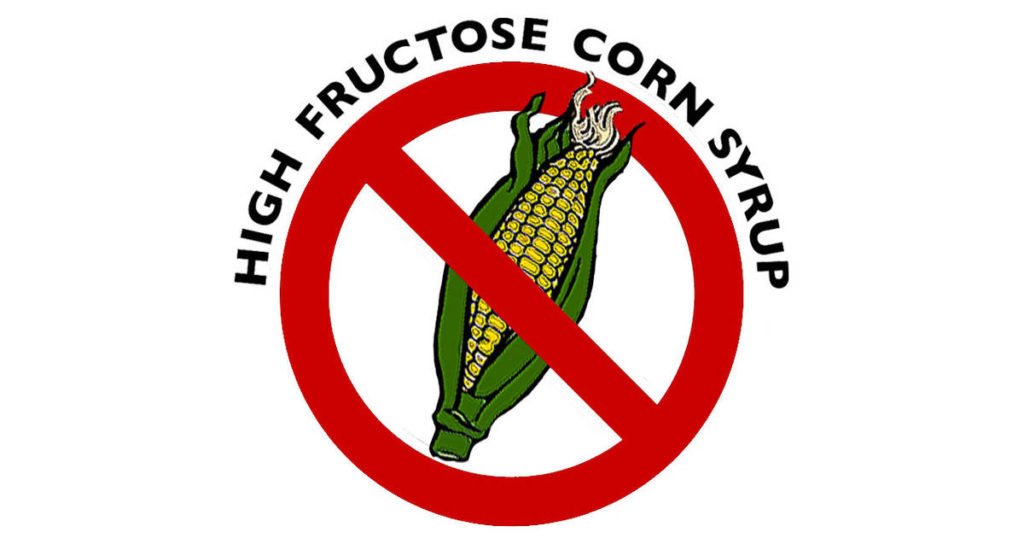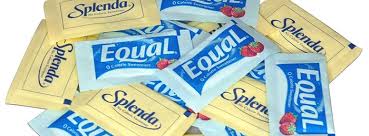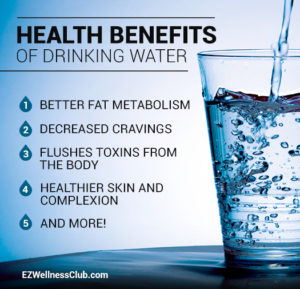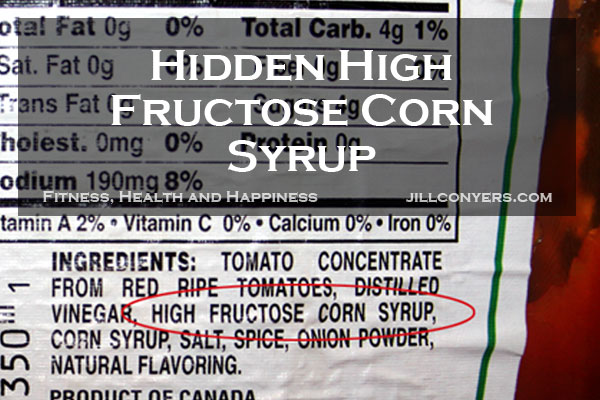Christopher Still, DO, FACN, FACP, recently published an article in Bariatric Times that provided helpful insights into the world of sugar (“When in Doubt, Just say ‘NO’ to All Sugars”) -. Specifically, he cited a certain type of sugar, fructose (or fruit sugar), as being detrimental for all people, not just those actively seeking weight loss. But for folks on a weight loss journey, it can be especially harmful in working against their weight loss efforts! This is because studies are beginning to show that fructose can trigger brain changes that may lead to overeating.
 Still’s article summarized findings from a study published by Yale University scientists in the Journal of the American Medical Association (JAMA). Their findings state that when fructose beverages are consumed, the brain does not register the same feeling of being full as it does when simple glucose is consumed. The body uses glucose for energy. The brain imaging scans they conducted showed that consumption of sweetened beverages, actually suppressed brain activity associated with the sensation of hunger. The study has led researchers to consider that fructose and high-fructose corn syrup (HFCS) may be part of the root cause of the nation’s obesity epidemic.
Still’s article summarized findings from a study published by Yale University scientists in the Journal of the American Medical Association (JAMA). Their findings state that when fructose beverages are consumed, the brain does not register the same feeling of being full as it does when simple glucose is consumed. The body uses glucose for energy. The brain imaging scans they conducted showed that consumption of sweetened beverages, actually suppressed brain activity associated with the sensation of hunger. The study has led researchers to consider that fructose and high-fructose corn syrup (HFCS) may be part of the root cause of the nation’s obesity epidemic.
Bariatric Center of Kansas City Program Coordinator, Chris Bovos, RN, CBN, shared additional key points about fructose from The Journal of the American Osteopathic Association [1], (JAOA) in support of the fact that cutting fructose will quickly improve metabolic function:
Fructose has been identified as a particularly damaging type of simple sugar. Compared to glucose, which metabolizes 20 percent in the liver and 80 percent throughout the rest of the body, fructose is 90 percent metabolized in the liver and converts to fat up to 18.9 times faster than glucose;
HFCS is found in 75% of packaged foods and drinks, mainly because it is cheaper and 20% sweeter than raw sugar. Fructose turns on the metabolic pathways that convert it to fat and store it in the body, adding weight. At the same time, the brain thinks the body is starving and becomes lethargic and less inclined to exercise;
 “Fructose provides no nutritional value and isn’t metabolized in the brain. Your body converts it to fat, but doesn’t recognize that you’ve eaten, so the hunger doesn’t go away . . . many young patients tell me they’re always hungry, which makes sense because what they’re eating isn’t helping their bodies function.”;
“Fructose provides no nutritional value and isn’t metabolized in the brain. Your body converts it to fat, but doesn’t recognize that you’ve eaten, so the hunger doesn’t go away . . . many young patients tell me they’re always hungry, which makes sense because what they’re eating isn’t helping their bodies function.”;

“If we cut out the HFCS and make way for food that the body can properly metabolize the hunger and sugar cravings fade. At the same time, patients are getting healthier without dieting or counting calories,” Dr. Winters says. “This one change has the potential to prevent serious diseases and help restore health.” (Dr. Tyree Winters, DO is head of the Pediatric Health and Weight Management Program at Children’s Hospital of New Jersey at Newark Beth Israel Medical Center).
 Still’s conclusion and suggestion is that people try to cut down on ALL sugar because of the double benefit of helping to suppress one’s appetite AND reduce caloric intake. Whether you’re trying to lose weight or just want to establish healthier eating habits while maintaining your current weight, sugar reduction overall will help contribute positively to achieving your goal! While consumption of diet and/or low-calorie beverages, or use of artificial sweeteners, may be considered an improvement, it is still not the best answer overall.
Still’s conclusion and suggestion is that people try to cut down on ALL sugar because of the double benefit of helping to suppress one’s appetite AND reduce caloric intake. Whether you’re trying to lose weight or just want to establish healthier eating habits while maintaining your current weight, sugar reduction overall will help contribute positively to achieving your goal! While consumption of diet and/or low-calorie beverages, or use of artificial sweeteners, may be considered an improvement, it is still not the best answer overall.
 A better way to help curb intake of either type of sugar (fructose or glucose) is to quench our thirst with water. Still’s clinic compared patients who primarily drink water with patients that drink artificially sweetened/low-calorie beverages and found that those who drink water lose more weight. He recommends that people drink the recommended eight, 8-ounce glasses of water each day before consuming any type of diet or low-calorie drinks. He suggests, “When it comes to sugar (of any type) and artificial sweeteners in your diet, just keep it simple and say “no” to as many as you can – regardless of the type of sugar”.
A better way to help curb intake of either type of sugar (fructose or glucose) is to quench our thirst with water. Still’s clinic compared patients who primarily drink water with patients that drink artificially sweetened/low-calorie beverages and found that those who drink water lose more weight. He recommends that people drink the recommended eight, 8-ounce glasses of water each day before consuming any type of diet or low-calorie drinks. He suggests, “When it comes to sugar (of any type) and artificial sweeteners in your diet, just keep it simple and say “no” to as many as you can – regardless of the type of sugar”.
 In the end, getting into a habit of regularly checking nutrition/ingredient labels when food shopping to assess sugar and specifically, fructose content, in the products you buy will open your eyes to how much it is used and guide you in steering clear of it as much as possible! For better health and weight loss, just say NO to sugar!
In the end, getting into a habit of regularly checking nutrition/ingredient labels when food shopping to assess sugar and specifically, fructose content, in the products you buy will open your eyes to how much it is used and guide you in steering clear of it as much as possible! For better health and weight loss, just say NO to sugar!
References:
- Jean-Marc Schwarz, PhD; Michael Clearfield, DO; Kathleen Mulligan, PhD (2017). Conversion of Sugar to Fat: Is Hepatic de Novo Lipogenesis Leading to Metabolic Syndrome and Associated Chronic Diseases? The Journal of the American Osteopathic Association, August 2017, Vol. 117, 520-527. doi:10.7556/jaoa.2017.102
- http://bariatrictimes.com/when-in-doubt-just-say-no-to-all-sugars/










